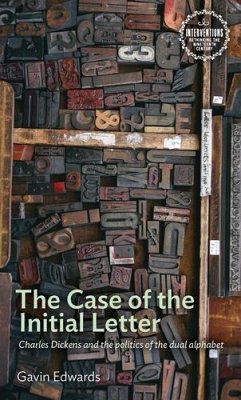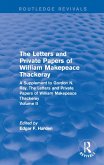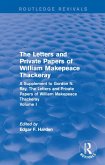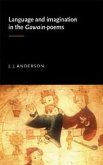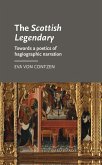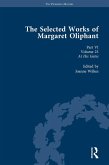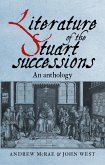The book analyses attempts by Dickens and other nineteenth-century writers to challenge established ways of using the distinction between upper and lower case letters, in the interests of a wider radicalism. It discusses Dickens's satire - on 'Shares' in Our Mutual Friend, on Paul Dombey's position as the 'Son' of Dombey and Son - alongside the proto-modernist typography of suffragist poet Augusta Webster and the work of Marx's translators transforming German conventions of capitalisation into English under the influence of Dickens and Carlyle. Placing these innovations within the history of the dual alphabet from its invention by Carolingian scribes to its rejection by modernist poets and the Bauhaus printers, the book tracks the dual alphabet through Dickens's manuscripts, corrected proofs, and the 'prompt copies' for his public Readings, highlighting distinct ways in which writing, printing and speech produce meaning.
Dieser Download kann aus rechtlichen Gründen nur mit Rechnungsadresse in A, D ausgeliefert werden.

